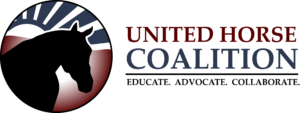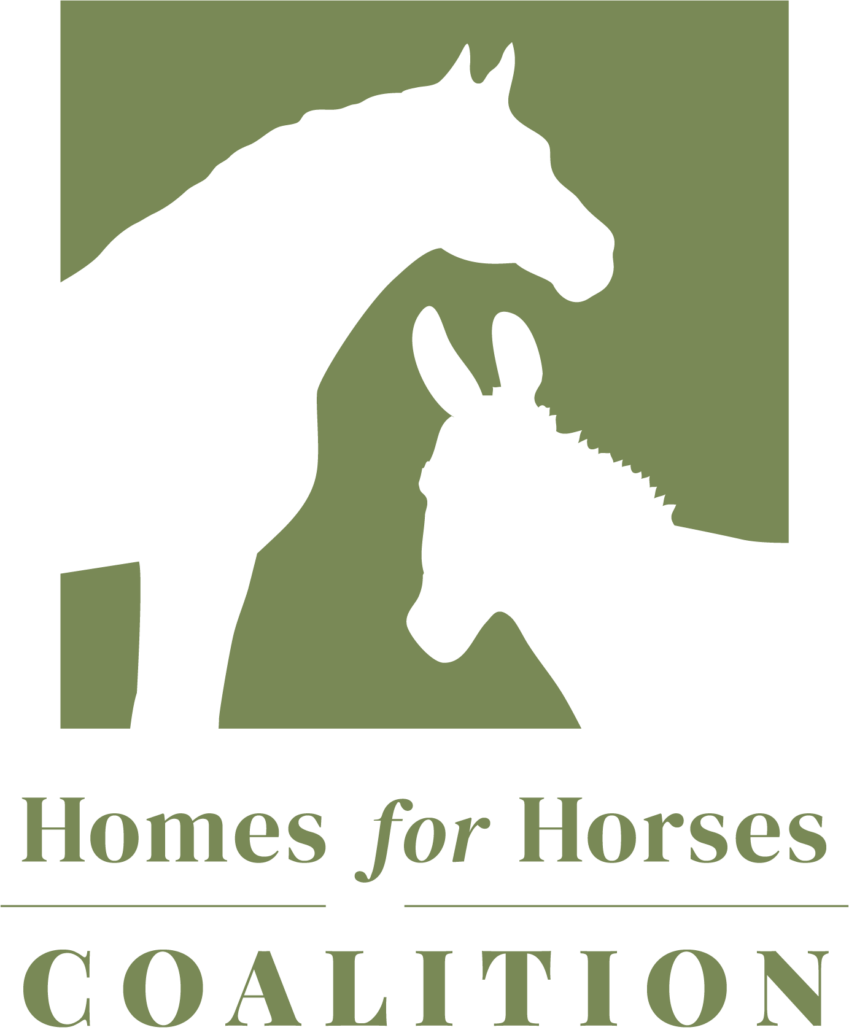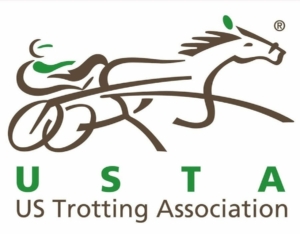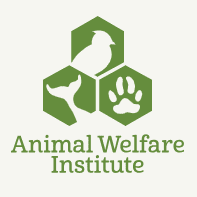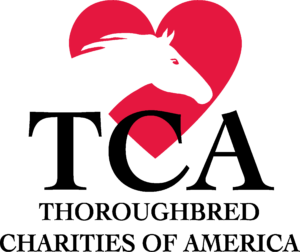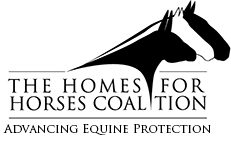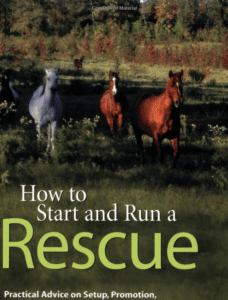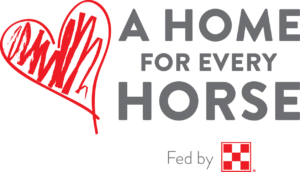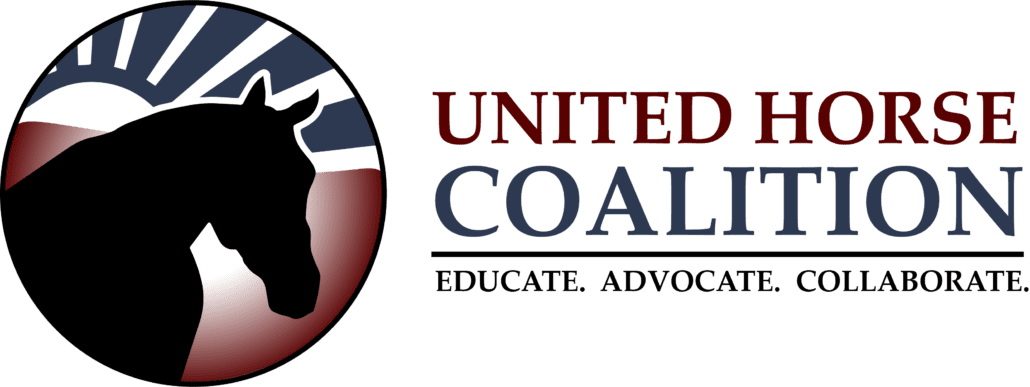The Kenneth A. Scott Charitable Trust considers proposals from humane organizations based in the USA for projects designed to enhance the well-being of animals in Ohio and elsewhere in the Great Lakes region. The Foundation will not consider unsolicited requests from organizations based in other parts of the country, or fund activities taking place outside the USA.
One year grants are generally awarded in amounts of between $10,000 and $50,000. Larger amounts or multi-year grants may be considered, particularly for projects of scale or multi-agency collaborative proposals.
NATIONAL GRANTS: The Foundation will no longer consider unsolicited proposals for activities of National scope or significance, or from organizations located in communities and states outside the Great Lakes region. We may continue to make grants to a few preselected National organizations whose activities provide direct benefits to humane groups and animals in our region.
OHIO AND OTHER GREAT LAKES REGION GRANTS: The Foundation considers support for humane organizations in Ohio and portions of the other seven states in the Great Lakes watershed (including IL, IN, MI, WI, Western PA, Upstate NY, and Northeastern MN), reflecting the origin of Mr. Scott’s assets. We seek innovative, cost-effective projects that demonstrate our region’s commitment to improving the well-being of animals, especially those in underserved areas or belonging to disadvantaged social groups. We prefer initiatives that are metropolitan, multi-county, statewide or regional or involve collaborations among multiple agencies. Requests from small organizations with localized impact are less likely to be funded. Successful applicants will pursue a high quality of life for individual animals and improve the situation of significant numbers of animals.
Eligible Organizations: Humane societies, other animal welfare or animal protection groups, nonprofit spay/neuter clinics, wildlife rehabilitation and nature centers, sanctuaries, museums, zoos and aquariums, educational institutions, or other state or community organizations dedicated to the well-being of animals in our region are welcome to apply. Groups working with live animals must deliver outstanding humane care, in facilities that meet or exceed accepted health and safety standards. They must have written policies on adoption procedures, on spaying/neutering companion animals leaving the agency, and on conditions for display or release of wildlife, and keep accurate records on intake and disposition of all animals.
Applicants must be incorporated and nonprofit, have Federal IRS 501(c)(3) tax-exempt status, and provide evidence of proper financial stewardship and an absence of conflicts of interest involving board members or staff. All governing board members are expected to make an annual financial contribution to the work of their organizations. We also take note of aggregate and average board member gifts in relation to overall group resources. Organizations that do not have 100% board participation in annual monetary giving should not apply.
Eligible Activities: The Kenneth Scott Charitable Trust invites proposals for projects to advance the quality of life for owned, homeless, or wild animals or to address root causes of animal cruelty and neglect. The Foundation’s priority is helping organizations go beyond the “basics” with projects that will provide an enhanced quality of life for homeless and suffering animals today and in the future. The following activities are illustrative of projects we may support:
- Animal Adoption, Behavior Training, and Fostering projects to increase the number and percentage of successful adoptions from shelters or rescue groups, or other non-capital means of expanding shelter capacity;
- Continuing Education & Training for agency staff or volunteers, to improve delivery of care (generally in a multi-agency conference or training format), and initiatives to improve and diversify recruitment and retention of volunteers and staff;
- Humane & Wildlife Education in schools and other community settings, particularly with poor, minority, or culturally isolated children and youth, or adult educational campaigns, such as re: keeping cats safely indoors, getting pets ID’ed and vaccinated, or co-existing with urban-suburban native wildlife;
- Medical, Rehabilitation, and Wellness Care for Animals, as in initiating practice of shelter medicine or wildlife medicine at animal shelters or nature centers, improving access to affordable veterinary care for owned companion animals in underserved urban/rural areas, or giving special attention to pets of socially vulnerable populations — lower income households, domestic violence victims, senior citizens — or to retirees from racing or other careers;
- Pet & Feral Animal Population Control through Spay/Neuter programs targeting assistance based on need, generally for owned pets of lower or fixed income households, for incentive programs encouraging adoptions from public shelters, to help shelters implement a spay/neuter-before-adoption policy, or humanely control numbers of free-roaming community cats or dogs;
- Equipment directly benefiting homeless or injured animals (matching funds may be required for amounts over $10,000);
- Information Technology upgrades ($5,000 maximum, limit of one request in 5 years); and
- Other Animal Care Initiatives, such as: disaster and emergency planning, preparedness, and response training; special enforcement expenses associated with patterns of animal cruelty in hoarding cases, puppy mill seizures, and dog fighting; projects that celebrate the human-animal bond with companion animals; or wildlife protection focused on native species typical of our region, especially involving challenges at the interface between human civilization and the lives of wild creatures.
